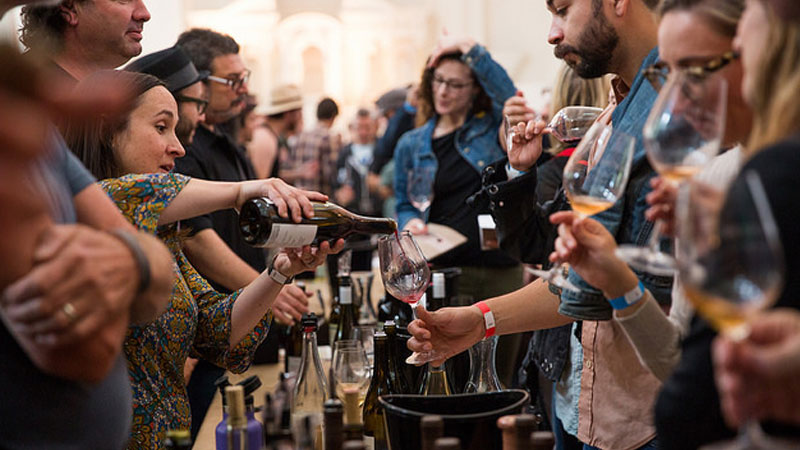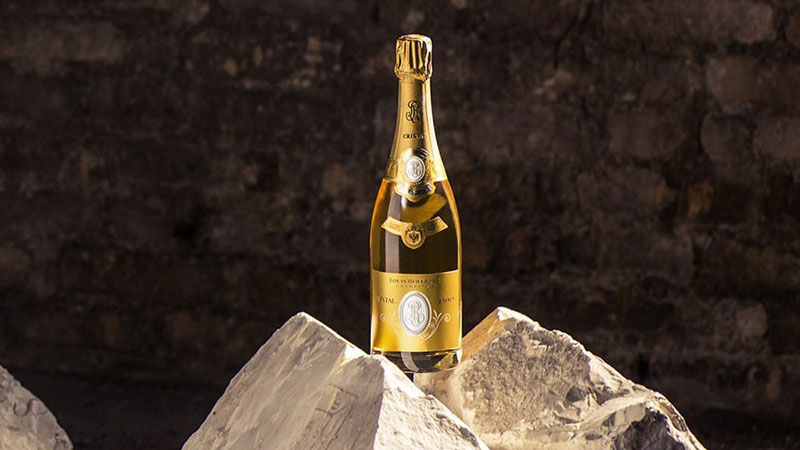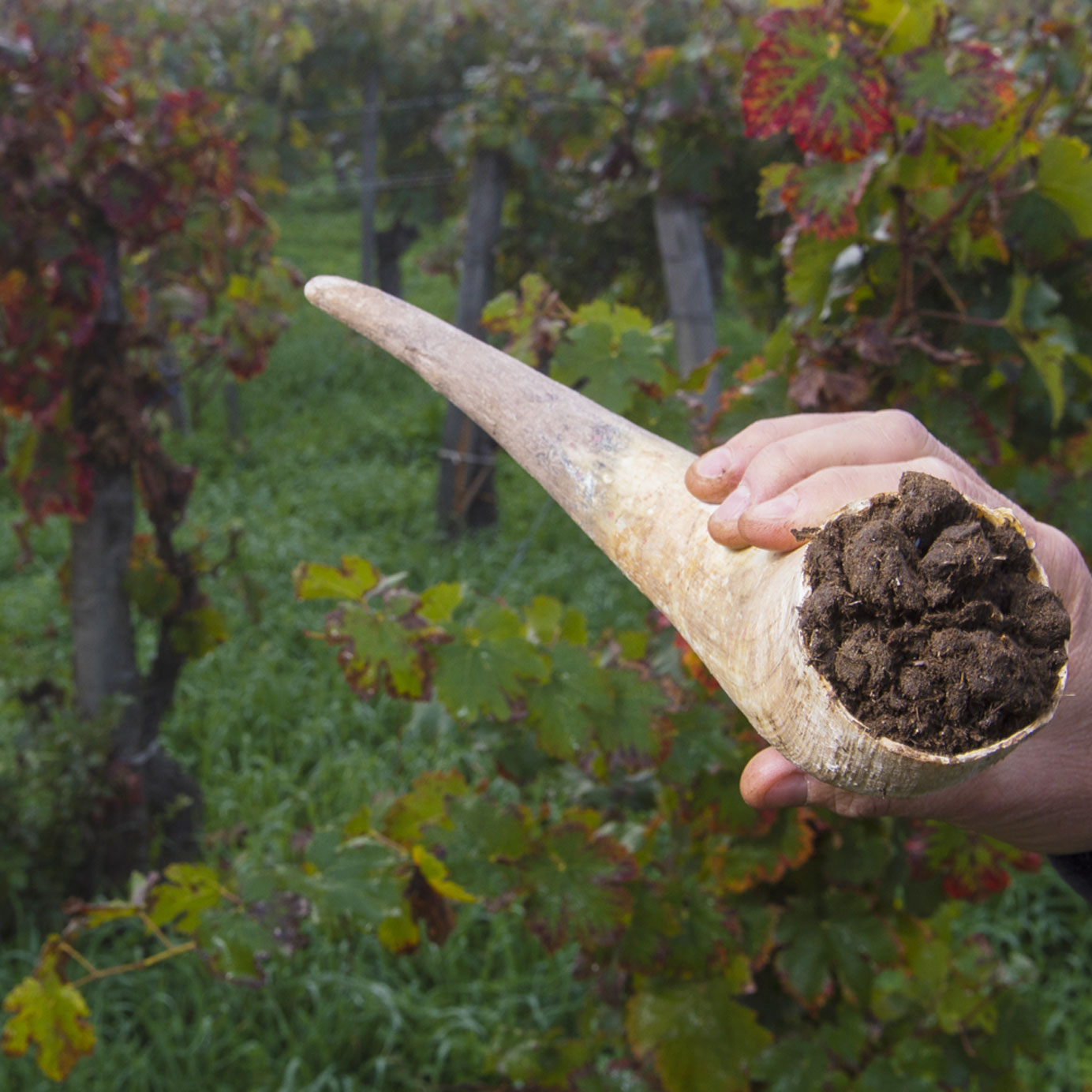The “natural wine” trend has swept the food and wine industry, and lifestyle publications from Vogue to Playboy are covering the phenomenon. The benefits for small wineries have been huge; but, unfortunately, most of the conversations surrounding natural wine neglect its most important component: farming responsibly.
Biodynamics, the method of farming preferred in the natural wine world, is a set of agricultural practices that can range from pragmatic to dogmatic. The concept dates to 1924, when Austrian philosopher Rudolf Steiner proposed that farmers abandon the chemicals and machinery they were using in their vineyards after World War I, and return to older methods.
Today, one of the movement’s most passionate and consistent practitioners is not a tiny, family-run operation in Oregon or remote heritage label in the Mosel. It’s Louis Roederer.
Yes, that Louis Roederer, the maker of Cristal, the ultra-luxurious Champagne with a reputation as a status symbol (it was custom-created for a Russian czar, after all). Louis Roederer is the largest owner of biodynamic vineyards in the Champagne region, and each new vintage of Cristal is moving closer to being made from 100 percent organic and biodynamic grapes. As global consumers grow more aware of natural farming processes like biodynamics, Louis Roederer’s commitment to responsible farming could prove exemplary for the entire Champagne region.

History
In 1999, after more than a decade with Louis Roederer, Jean-Baptiste Lécaillon became Louis Roederer’s head winemaker, and he accepted the job on the condition that, in addition to his duties in the winery, he would also be in charge of the vineyards. In 2000, Lécaillon began preparing the first biodynamic parcels, to much criticism within the Champagne region. Still today, only 3 percent of vineyards in Champagne are organic or biodynamic, according to the organization Comité Champagne.
Even within Louis Roederer there was skepticism, but biodynamically farmed parcels consistently stood out in blind tastings, writes Peter Liem in his book, “Champagne,” and the percentage of organic or biodynamic parcels has increased each year.
Regulation
Almost a century since Steiner lectured about the importance of removing chemicals and machinery from farming, a majority of vineyards in Europe and the U.S. are still farmed industrially, and climate change is a very real threat.
In the years since Lécaillon launched Louis Roederer’s biodynamic program, in 2000, the Champagne region has experienced 15 of the 16 hottest years on record, and three of the earliest harvests on record. It’s surprising that more of the major Champagne houses (many of which are much larger than Louis Roederer) haven’t focused on the environment. Instead, for decades, the dialogue surrounding Champagne has focused on prestige or a house style, instead of viticulture.
The variety of Champagne producers and styles has never been greater than it is now. Smaller Champagne houses and grower Champagnes are appearing on more international wine lists more frequently, and consumers are increasingly looking for wines that are “natural.”
However, “Champagne” has a legal definition, and the term cannot be used on a wine label without meeting specific criteria. “Natural wine” has no such definition, or regulation.

The New Wine Snobs
Somewhere, in the democratization of wine that has occurred in recent years, we formed a division that feels like a new form of wine snobbery. You probably won’t find Louis Roederer Champagnes featured on the Action Bronson show, even though the house produces some of the best wines in the world. And just because you saw a winemaker at RAW Wine Fair doesn’t mean that the grapes used in that wine were farmed responsibly.
People swirling and sipping in temples to natural wine like NYC’s Four Horsemen will roll their eyes if you mention Cristal — I know, because this exact thing happened to me earlier this year — but, now more than ever, we need to celebrate winemakers who are making real change, not just those riding a bandwagon.
Champagne is France’s least green wine region. By keeping the dialogue open, and maintaining an open mind, Lécaillon is influencing the farming practices of his neighbors and the very future of the Champagne region. We can all stand to learn from that example.
